https://bigserge.substack.com/p/soviet-operational-art-troubled-beginnings
These two essays appear well researched and there is a lot that they get right, but they are clearly written from an anti-communist point of view, and the author especially seems to have it out for Stalin.
First off the positives, they sort of debunk a few popular myths about the Great Patriotic War that are widespread in western historiography. One being that Stalin was not expecting the war and was totally surprised by the invasion (though the author still tries to have it both ways and say Stalin still prepared insufficiently or inadequately). Another being that the Germans only lost due to the Russian winter and Hitler's meddling.
However, even while doing that the author reinforces a number of other myths such as the claim that the "Stalinist" purges were responsible for the poor performance of the Red Army at the start of the war, implying that a reason behind some of the more notable defeats of the Red Army was that Stalin placed incompetent sycophants in charge, and the notion that the Marxist-Leninist ideology of the Bolsheviks got in the way of military expediency.
In particular, as is usually the case with anti-communist military historians, this author seems to idolize Tukhachevsky (and as with all who are infatuated with Prussian military prowess they compare him to another of their idols, Moltke) almost to the point of worship and completely discounts the possibility that the accusations against him were legitimate. This even though in almost the same sentence he admits that the officer class due to its historical upper class makeup was a breeding ground for counter-revolutionary sentiments and activity.
Without going into too much detail my main issue here is that the author criticizes certain Soviet generals or the political leadership for "mistakes" that are only really visible as such with the benefit of hindsight. It is easy to say what someone should have done when you know how things turned out. It is easy to claim that someone else would have or could have done better, but we don't know that do we? To give two examples from the articles:
Firstly the criticism of Stalin insufficiently preparing for the German invasion: The author correctly points out how outmatched the Soviets were initially and how the Germans intended primarily to completely destroy the Soviet armies. Yet he still criticizes the fact that the Red Army was not deployed in sufficient force right at the border. But if the Soviets had really mobilized all their forces and deployed them in full readiness along the border, one, would that not have been used by the Nazis as justification for attacking, claiming that the Soviets were themselves preparing to attack, and two, would that not just have resulted in more of the Soviet forces being wiped out in the initial attack?
Was it not arguably better to keep the forces more dispersed in the interior to be able to draw the enemy deeper in while bleeding them, taking advantage of the size of the Soviet Union like Russia did against Napoleon?
Secondly the way Timoshenko's defeat at Kharkov is treated: Here again it is explained clearly beforehand that there was insufficient information and that the planning of the operation was rational but that it just so happened that the Germans were also preparing their own operation around the same time and place. The author contrasts the "indecisiveness" of the Soviet general with the supposed decisive aggressiveness of the Germans. But really the deciding factor was poor timing. If the timing had been reversed and the Germans had attacked first who is to say they would not have been also caught in a blunder by the Soviet forces preparing their own attack.
What is the point of all this "would've, could've, should've" (or monday-morning-quarterbacking as the Americans say) when we don't know whether someone else would have done any better or if it would have gone differently were the situation reversed? Is it only to once again portray someone who was close to Stalin as incompetent and claim that someone who was removed in the purges would have done better?
I am not saying that no mistakes at all were made or that Stalin was perfect, but i do find it very annoying to see such poor logic in otherwise fairly objective and historically accurate texts. It is ironic that someone who recognizes that the German military had the tendency of blaming their own mistakes (and crimes of course with the "clean Wehrmacht" myth) on the political leadership, that the same person can't see how the Russian side is doing the same by trying to blame Stalin and communism for all the various problems and stumbles during the war.
It is also shocking how completely the possibility of fascist collaborators and counter-revolutionary factions in the higher ranks of the Red Army is discounted. You know what's worse than having an inexperienced officer corps at the beginning of a major war? Having an officer corps that is riddled with fifth columnists who for political reasons will sabotage the war effort, surrender when they should fight, or even side with the enemy instead.
I won't get into the nonsense the author spouts about how the Soviet collective farms were supposedly so bad that if the Nazis had abolished them they would have won the support of the population, or other anti-communist garbage like calling Stalin a dictator, portraying the the Soviet regime as totalitarian or the NKVD as able to completely tyrannize the entire population into submission, etc. We all know that's bullshit. I want this to mainly be a discussion about the military history.
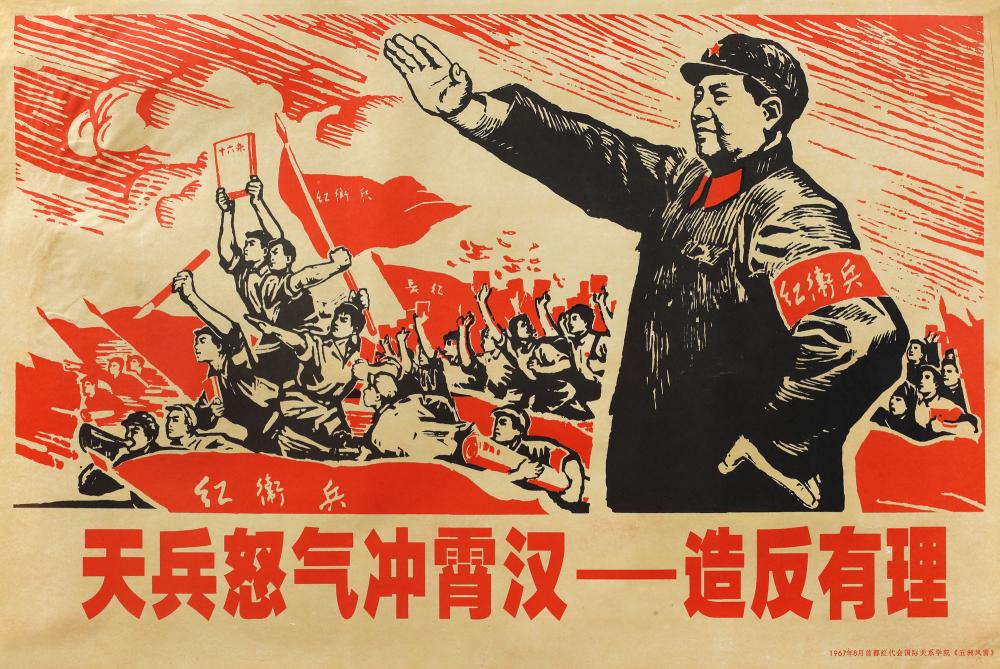
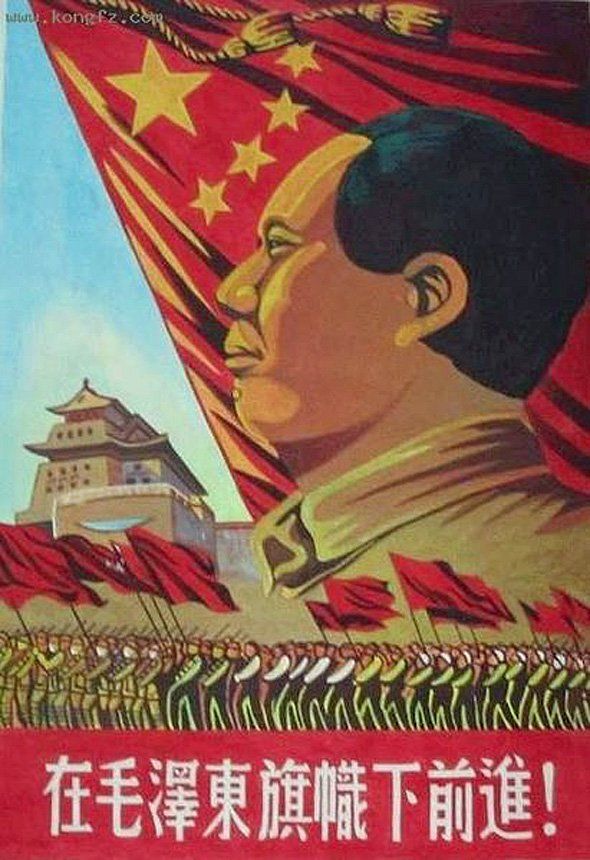
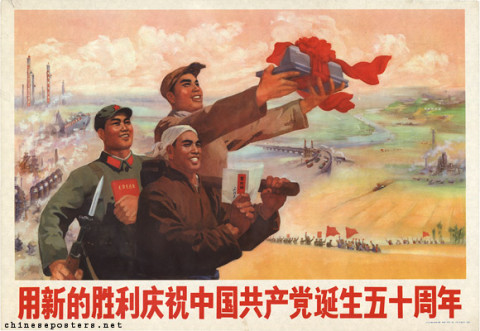
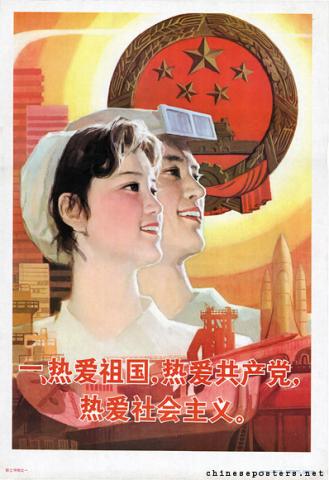
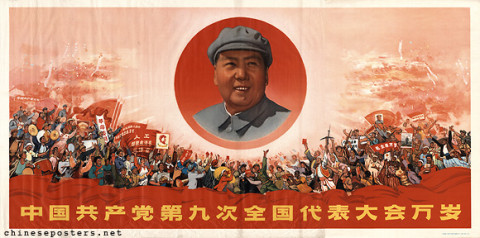
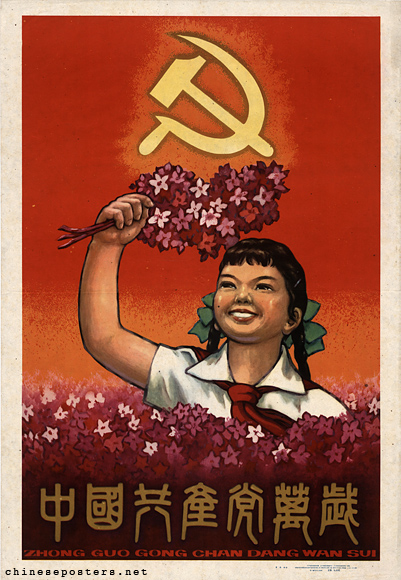
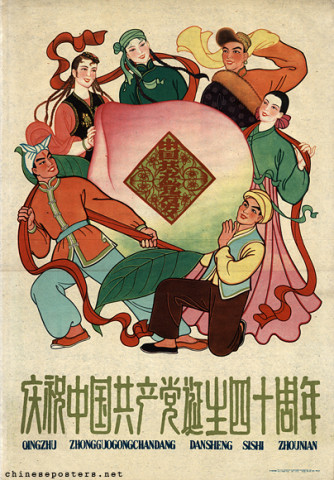
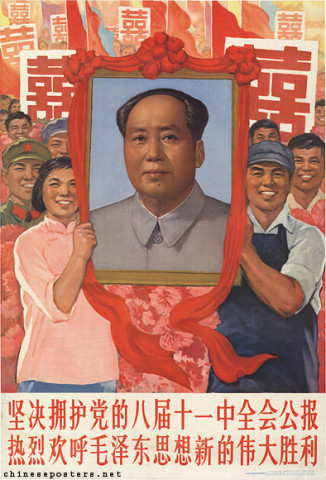
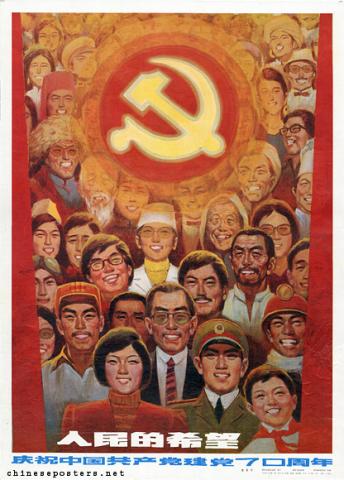
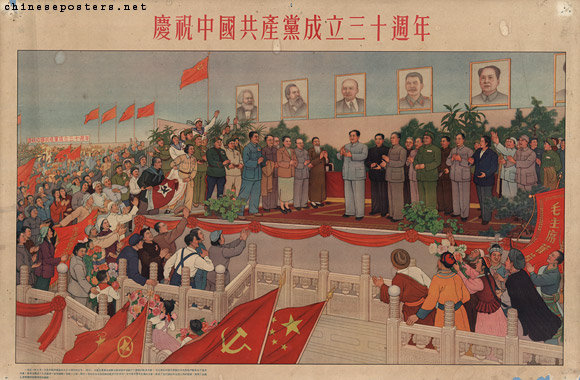
"Tankie" is a meaningless term. The PRC has a system that is right for China. Attempts to copy-paste a system that was designed for different historical and material conditions than your own will produce suboptimal results. Every country needs to arrive at a solution to the problem of building socialism that is built on a solid dialectical materialist analysis and adapted to their particular circumstances.